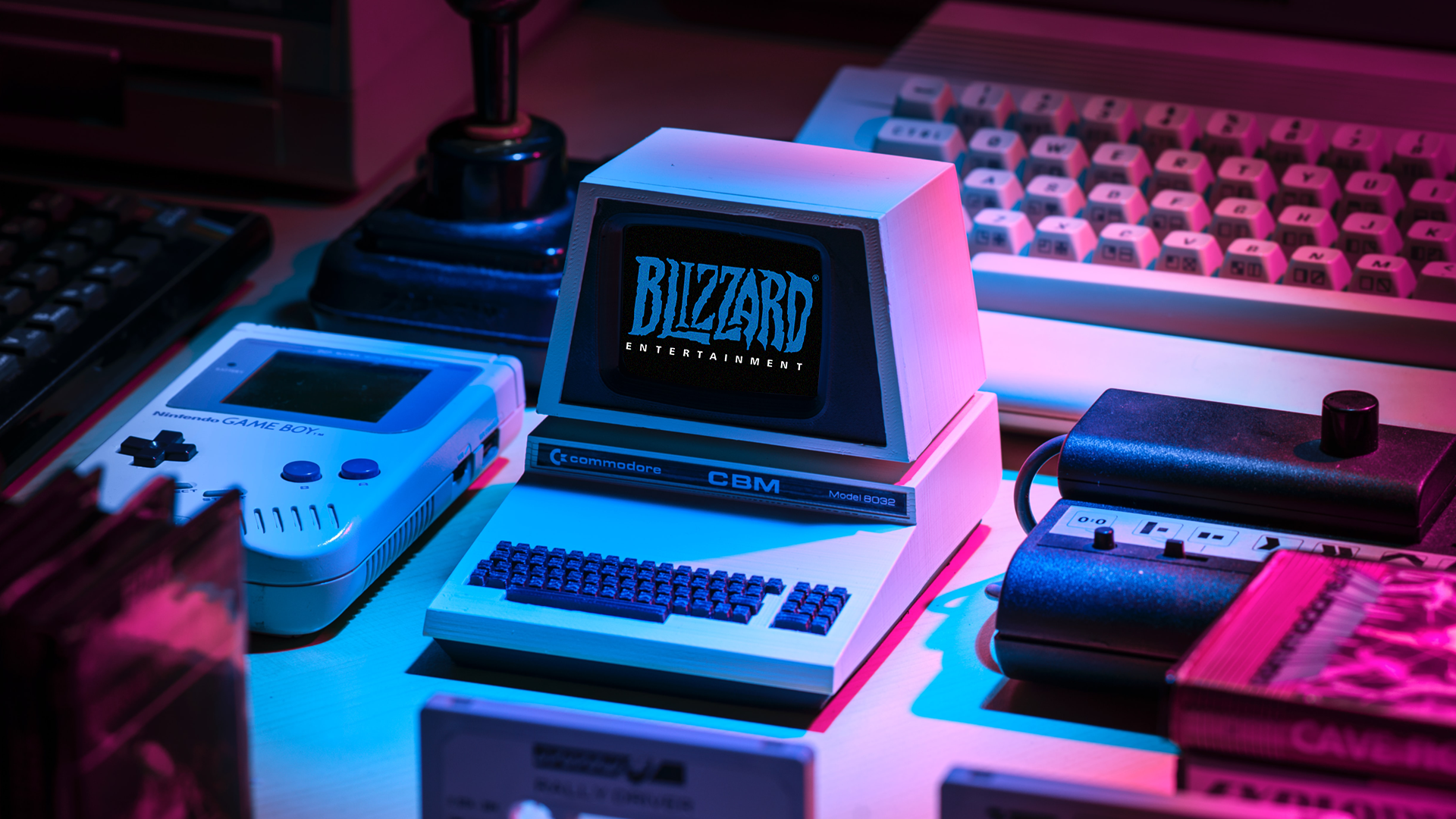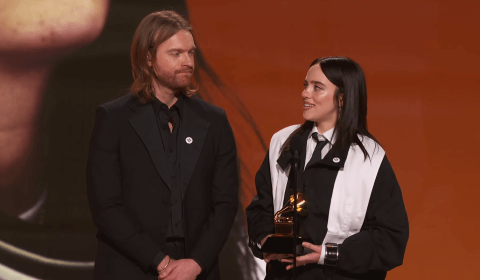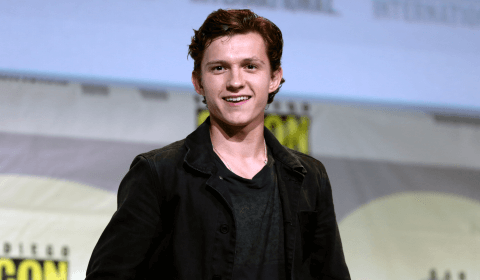Activision and Blizzard have faced massive lawsuits and sexual harassment accusations from a tidal wave of female employees. It is horrific – but not an isolated incident.
Employees at Blizzard have staged a walk out and social media strike over recent allegations of sexual harassment and a ‘frat boy’ culture that heavily discriminates toward female staff members.
According to a two-year investigation, the company was found to be severely mismanaging and mistreating female employees. Male staff members would routinely participate in ‘cube crawls’, which involved drinking heavy amounts of alcohol and groping women in the office.
Female employees were denied promotions over male counterparts and were more likely to be fired. One colleague committed suicide while on a business trip and it is understood that her male supervisor had sexually harassed her prior to her death.
Over three thousand present and past workers have come forward in support of the investigation’s findings.
For those unaware, Blizzard is a games developer best known for creating popular franchises such as World of Warcraft, Diablo, and Overwatch. It is primarily focused on PC experiences, though since its acquisition by Activision it has begun leaning towards other platforms, particularly mobile.
Even before the recent news, however, a large chunk of fans had fallen out with Blizzard.
It has shown on multiple occasions that it operates on a strictly profit-based agenda with little regard for the community or product quality. We wrote about its shoddy fining of a professional tournament player for advocating the liberation of Hong Kong a few years ago, for example.
Its announcement of Diablo: Immortal for mobile also saw heavy backlash from hardcore fans at Blizzcon 2018, and a remastered version of World of Warcraft was missing a ton of features and chunks of content that were present in the original version.
In short, Blizzard’s reputation has fallen significantly over the last fifteen years. But the new lawsuit filed by the California department of fair employment and housing (DFEH) has positioned the company as worse than just a shoddy gaming brand.
It is alleged to be a toxic, sexist, and grossly mismanaged company that will be facing huge financial reckoning and managerial changes in the coming months and years.
The president, J. Allen, has just announced he’s stepping down.
This news is unfortunately not an isolated case. There is a wider cultural problem within the gaming industry and the working world as a whole.
More needs to be done to support victims of harassment – and greater care and stricter rules need to be in place to stop situations like this from spiralling out of control.
This goes for both workers and consumers, including players who interact with Blizzard products. The video below shows the types of verbal abuse a female gamer has to deal with regularly and none of what you hear should be surprising.




















